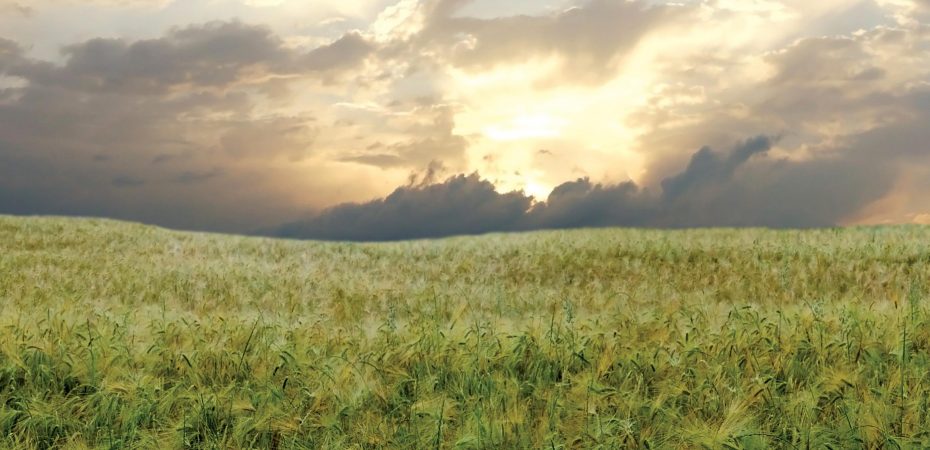The nature of scientific debate and the inherent complexity of the subject means that it is virtually impossible to achieve unanimous agreement that, “global temperatures are rising as a direct result of the actions of human beings.”
However while it is fair to say that not every scientist accepts this premise, the doubters most certainly belong to an increasingly lonely group. The Intergovernmental Panel on Climate Change formed by the United Nations announced in 1997 that human beings are ‘very likely’ (90 per cent or greater probability) the cause of global warming. In the same year the Joint Science Academies of the G8 nations (plus Brazil, China, India, Mexico and South Africa) agreed arguing that: “It is unequivocal that the climate is changing, and it is very likely that this is predominantly caused by the increasing human interference with the atmosphere. These changes will transform the environmental conditions on Earth unless counter-measures are taken.”
Many questions remain over the best way to tackle global warming. As carbon dioxide remains in the atmosphere for around 100 years, the environmental impact of previous generations will continue to affect the planet even if the current population curtailed all CO2 emissions immediately. However many scientists argue that reductions in CO2 today can lessen the impact of climate change and make it a more gradual process. This should, in theory, allow the population (and not just humans) time to adjust.
Of course climate change is a global problem and needs to be tackled on a global basis. Large scale reductions in carbon dioxide emissions will almost certainly require international government involvement through the likes of treaties such as Kyoto and its successors in the future. However this does not eliminate the need for individual responsibility. Individuals and individual industries can make a difference to the overall picture. And while the brewing industry is by no means one of the worst offenders in terms of environmental damage, there are a number of areas in which they can ‘do their bit’.
There are three basic ingredients in the production of beer: malted barley, hops and water. The growing of barley and hops arouses strong passions amongst many beer manufacturers. Black Isle Brewery in the Scottish Highlands is unequivocal in its position with the slogan, “save the planet, drink organic.” Little Valley Brewery near Hebden Bridge in West Yorkshire also only uses organic ingredients in its brews and argues: “This means it’s more healthy, contains no nasty additives, avoids pesticides and no GM crops in our ingredients which come from trusted sources – so the pure and natural beer is all you get to taste, brewed to the highest standards.”
According to the Soil Association, organic farming has an important role to play in the reduction of fossil fuel use. The average (non organic) hop farmer is reputed to spray their crop 14 times each year with an average of 15 pesticide products. Aside from local environmental concerns about the use of pesticides, each of these chemicals is manufactured in an energy intensive process. Ergo, organic crops involve less energy to grow which ultimately means less carbon dioxide in the atmosphere.
In the United Kingdom in particular the vast majority of organic hops are imported from New Zealand. The benefits of organic viticulture are, however, believed to outweigh the carbon footprint of their journey from the other side of the world. Green brewers in general will try to source their barley, organic or otherwise, from as close as possible.
This Article is from Beers of the World Issue 17, and the rest can be found here.

